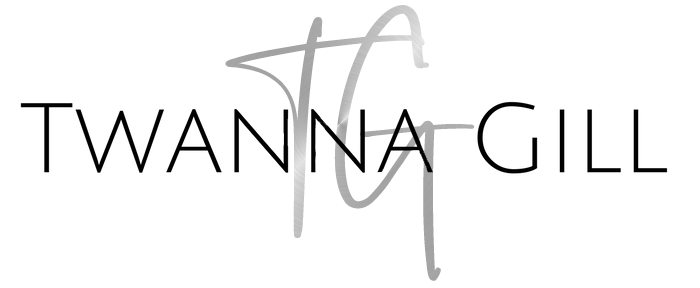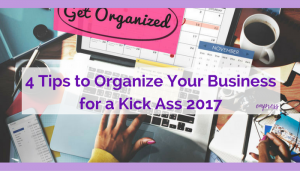One of the stories dominating the news cycle here in Atlanta is the closing of Best Bank on the evening of Friday, May 5, 2017 without notice or warning to customers. As the news of the closing began making its way around the city, hundreds of worried and panic customers went to First Citizens Bank (all accounts in Georgia were transferred there) to withdraw their money. They were faced with long lines, limited information and an unexpected money withdrawal cap of $1000.
While this news doesn’t affect me personally and I am not currently on staff with any major corporation, I started to think about the lessons my fellow entrepreneurs and small business owners could learn about contingency planning through this situation.
To be a successful entrepreneur (especially a solopreneur) all of us use automated systems to run our businesses more effectively and efficiently. Without these systems we would be tied to our desks and buried in the work of running a business. I can say I use an online calendar for scheduling that the automatically updates my CRM system which in turns talks to my email automation services which is linked to my website and social media pages. I use an online system for automated invoicing and reoccurring billing. My project management system is linked to my calendar so I am aware each day what tasks I should focus on to stick to client deliverables. And those are just the systems that I can think of off the top of my head at this moment. I’m sure many of you reading this have these same types of systems in place.
So what would we do if ANY of these companies we use to automate our business practices shut down tonight while we were sleeping? What’s the backup plan? That is the heart of what contingency planning is all about. Think about as many worse case scenarios for any given thing, event, task, project and create (and document) as many solutions as possible.
Why is this important? When you are able to plan for a problem BEFORE said problem occurs, you are able to breathe, think, react and respond from a position of power not fear and panic. You can also think of responses that are the most cost effective. Often times when we have to respond to something out of fear and desperation we don’t make the smartest decisions, we make the first decisions that will instantly change our situation or circumstance. We’ve all been there and it’s not a fun place to be.
With our businesses, we have to be more proactive with our decision making. So back to my systems automation question – what’s your backup plan? Here are a couple of things to think about:
- Do you have an account with more than one service provider for the system you use? If not, have you at least though of your #2 company to work with in case anything happens? If yes, do you have both accounts linked to receive the same information in real time? If not, what’s the process – manual uploads done weekly or monthly?
- When was the last time you backed up ALL of your information? Where do these backups go? Who has access to them besides you?
- Do you have more than one business account to receive payments or more than one processing option?
- Do you have backup options to make payments? Is it linked to your accounts to the process is seamless to avoid service interruptions?
I’m not saying anyone can predict every scenario possible, and I’m certainly not one that thinks it’s healthy to dwell in negativity. But creating realistic contingency plans for the “what-ifs” is just like having health or life insurance. You hope you never have to use it but when you do, you are so happy to have it.
As Your Next Big Move Catalyst, Twanna has worked as THE Business & Project Strategist for Empress Business Solutions. For more than 5 years, she’s worked exclusively with solopreneurs to start and grow their businesses. For more tips on how to stay more productive and motivated in business, please sign up for our newsletter.





